LONDON, July 4 (V7N) — The World Health Organization (WHO) has launched its most ambitious proposal yet to combat chronic health conditions by urging governments around the world to significantly increase taxes on products such as sugary drinks, alcohol, and tobacco. The agency aims to raise $1 trillion by 2035 through this health-focused taxation initiative.
According to a new report published on Thursday, the WHO is calling for a minimum 50% price increase on these products over the next decade, citing strong evidence linking their consumption to non-communicable diseases (NCDs) such as cancer, diabetes, and heart disease. The strategy is intended to reduce consumption while generating critical funds to strengthen global healthcare systems.
The WHO’s tax proposal has received strong backing from major global institutions including Bloomberg Philanthropies, the World Bank, and the Organisation for Economic Co-operation and Development (OECD). These organizations argue that the health taxes will not only reduce premature deaths but also help low- and middle-income countries raise domestic revenues for essential health services.
However, the initiative has drawn sharp criticism from beverage, alcohol, and tobacco industry groups, which claim that such taxes disproportionately affect lower-income consumers and lack definitive proof of long-term public health benefits. They argue that the policy may increase illicit trade and hurt small retailers without significantly improving health outcomes.
Despite industry pushback, WHO officials maintain that health taxes are among the most effective tools available to prevent disease and promote healthier lifestyles. "The evidence is overwhelming that these taxes save lives and improve health equity,” said WHO Director-General Dr. Tedros Adhanom Ghebreyesus in a statement.
The WHO report estimates that if all countries implemented these taxes as recommended, they could prevent approximately 50 million premature deaths globally by 2035.
END/WD/SMA/



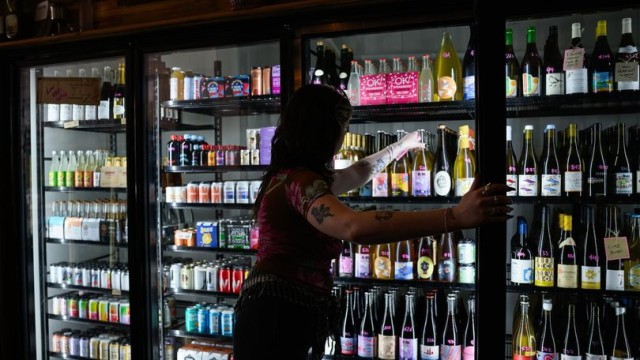

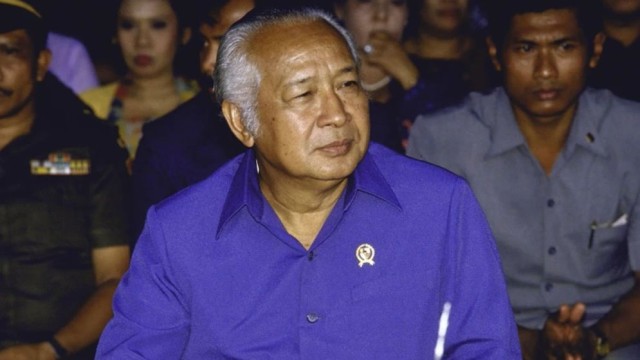


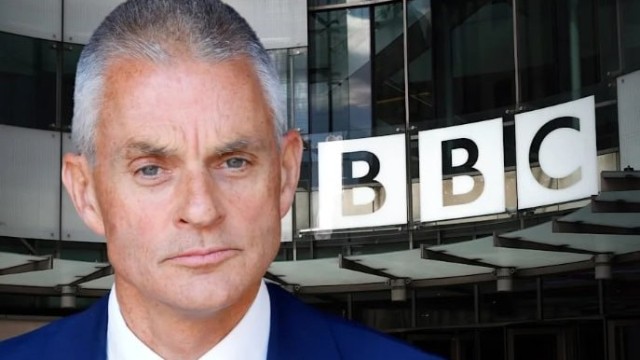



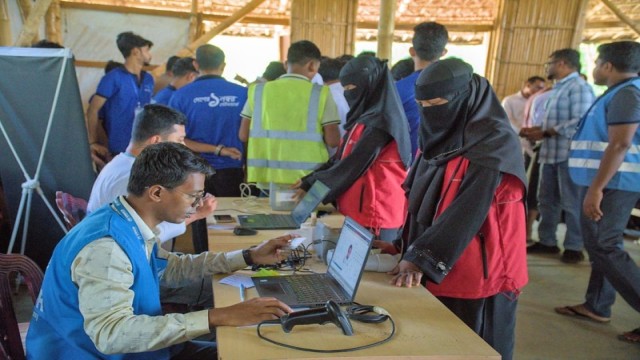


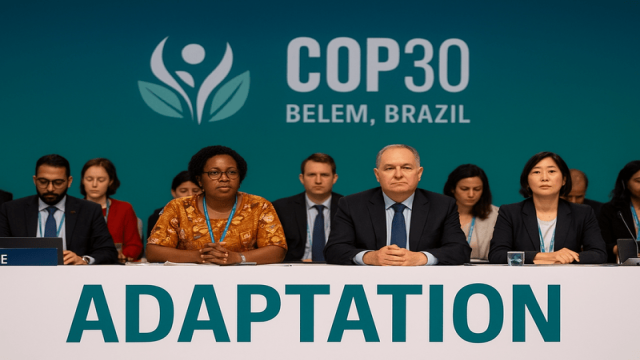



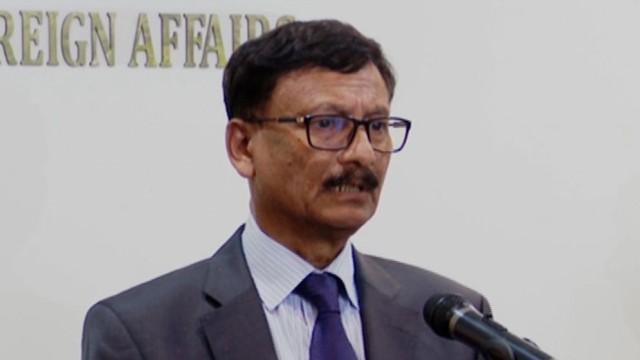








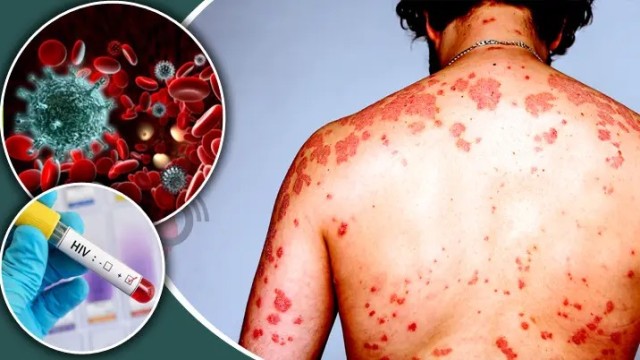

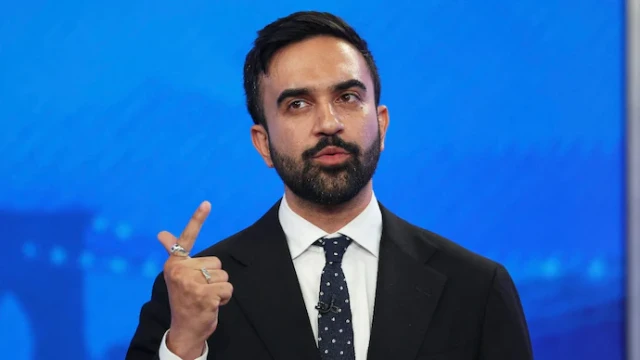
Comment: